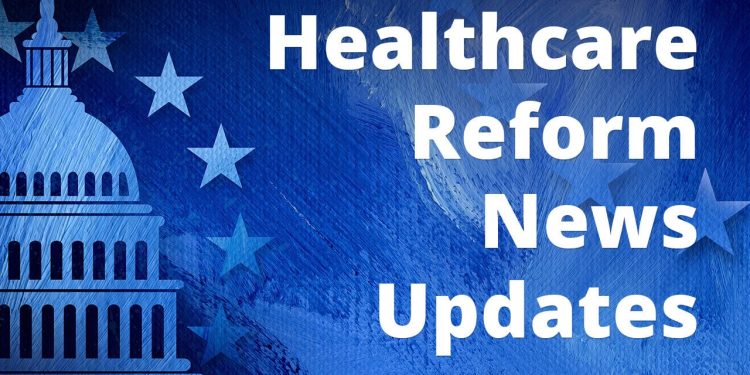According to a recent report by the Robert Wood Johnson Foundation (RWJF) and HealthDay, the Premium Tax Credits introduced during the COVID-19 pandemic have significantly increased health insurance coverage for millions of Americans. These credits have been instrumental in reducing the number of uninsured people by 14% and boosting enrollment in the Affordable Care Act (ACA) marketplace by 71% by 2025. They have been especially beneficial for lower-income households, reducing premiums by up to 100% for those earning below 300% of the federal poverty level. In states like Texas, South Carolina, Mississippi, Louisiana, and Georgia, ACA enrollment has doubled, leading to a 21% drop in uninsured rates.
However, these tax credits are set to expire at the end of 2025, causing concern about the continued affordability of healthcare. The RWJF report indicates that without an extension of these credits by Congress, the progress made during the pandemic could be reversed, potentially leaving over 4 million people without health insurance. This highlights how crucial these credits have been in helping Americans secure health coverage during challenging economic times. They have allowed many to receive necessary medical care without facing exorbitant costs, which has been key in reducing the number of uninsured individuals.
Experts and advocates are urging Congress to extend the Premium Tax Credits past 2025 to prevent a rise in the uninsured population. Jessica Banthin from the Urban Institute emphasizes that not extending these credits could erase recent coverage gains. Katherine Hempstead from RWJF highlights that keeping these credits not only makes healthcare more affordable but also promotes fairness, financial stability, and better access to care. As the expiration date nears, it’s crucial for Congress to act to ensure affordable healthcare remains available to all Americans.
The call for legislative action is increasingly urgent. The continuation of these credits not only makes healthcare more affordable but also advances equity, enhances financial stability, and empowers millions of families to access needed care without fear of financial hardship. Ensuring that affordable healthcare remains within reach for all Americans is a reflection of the ongoing challenge of providing comprehensive coverage in an ever-changing economic landscape.










